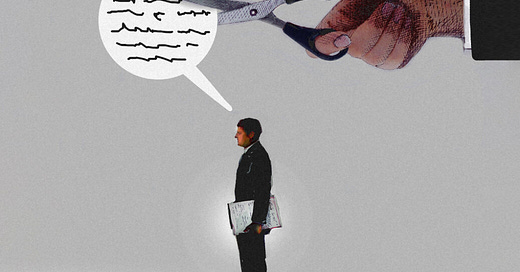I have an essay out today for the New Statesman looking at one new publication in the growing ecosystem of the Very Online magazines of the right, the Pimlico Journal. I’ll post a link to it below.
I hope this is also the return to something like regular writing, and I’ll try to publish various off-cuts from the projects I’m working on here, on the ‘stack. One of those projects will be on this new online right – all being well, today’s will be the first of a few pieces on various new publications that are doing the rounds online. The other projects are joined in some ways, the first on the idea of commitment in politics and in writing, the second on the generation of intellectuals who left (or didn’t leave) the CPGB in 1956 – Doris Lessing, E.P. Thompson, Raph Samuel, etc.
Anyway, here’s the latest:
“Good historians,” the historian EH Carr wrote, “have the future in their bones.” So do plenty of bad ones. And while political thinkers of many stripes have looked to the past for signs of the future, none have been so relentlessly obsessed with history than those of the radical right. As Mark Lilla notes in a recent essay on the post-liberal current in American politics and letters, this search for a “usable past” on the right has long taken many forms, from neo-pagans lamenting the corrosive effects of a universalising Christianity to elegies for a simpler, more rural England before the coming of the machine. This search even goes as far as neo-Nazis enamoured with the German fight against the Allies and, as Lilla writes, “acned young men waving around thick manifestos by a preposterous figure known as the Bronze Age Pervert”.
Yet each has found common conservative cause. The reason for this alliance, a coming together of what would otherwise seem contradictory or incompatible visions, is that the histories on which the radical right’s politics are built, Lilla notes, “serve more as symbolic hieroglyphs… than as actual models for orienting action”. More prelapsarian foils against which to measure the decadence of the present, or markers of Spenglerian decline, than roadmaps towards our current crisis.




